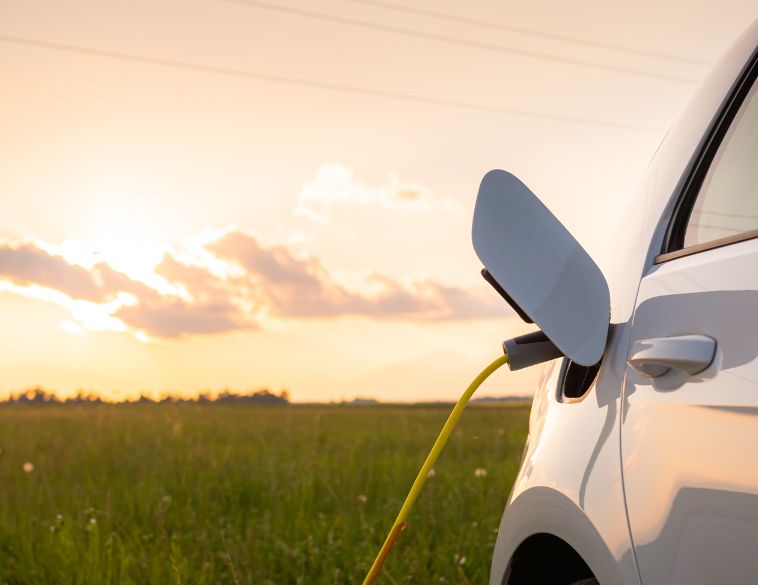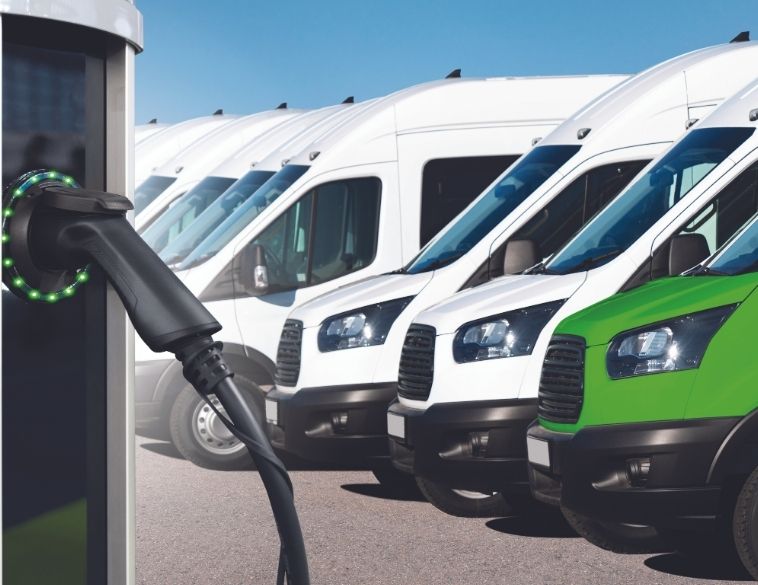To make sure people who want to make the switch have access, the Government of Canada is taking action to improve the availability of new electric vehicles across the country.
That’s why the Honourable Steven Guilbeault, Minister of Environment and Climate Change, announced Canada has finalized its new Electric Vehicle Availability Standard to increase the supply of clean, zero-emission vehicles available to Canadians across the country. The Standard complements additional actions underway by the federal government to develop a robust electric vehicle supply chain and infrastructure that creates good, middle-class jobs and ensures a cleaner, safer environment.
The Standard will ensure that Canada can achieve a national target of 100 percent zero-emission vehicle sales by 2035. Interim targets of at least 20 percent of all sales by 2026, and at least 60 percent by 2030, will channel supply to Canadian markets instead of going abroad, reducing customer wait times and making sure Canadians have access to the latest affordable and technologically advanced vehicles that are coming to the market in the next few years. The Electric Vehicle Availability Standard helps Canada keep pace with the United States, the United Kingdom, the European Union, and several other major economies which are all taking action to lower emissions and put more electric vehicles on the roads.
The Canadian marketplace for passenger vehicles is already experiencing a rapid shift toward zero-emission vehicles. As pricing on select models has decreased and gas prices remain volatile, demand for electric vehicles has increased year over year. In the last quarter alone, one out of every eight new cars sold across Canada was a zero-emission vehicle. And, in British Columbia and Quebec, which already have similar standards in place, new electric vehicles now account for one in five sales in those provinces.
Switching to electric vehicles is the more affordable option over the long run. Recharging costs can be as little as $10 per 400 kilometres and, over a ten-year span, the average cumulative ownership cost of an electric vehicle hatchback is $48,943, whereas the gas-powered alternative is $82,515. According to experts, when purchase incentives from the federal government (up to $5,000) and provincial and territorial governments (up to $7,000 in Quebec, for example) are combined with the reduced costs of battery charging and maintenance, many models hit a cost parity with gas vehicles within four years, and some in under a year.
Advancements in battery technology have improved cold-weather performance and increased the range of many currently available models to over 400 kilometres, representing a substantial improvement from earlier models. Fully electric, plug-in hybrid, and fuel cell vehicles all offer consumers different options when looking to purchase a new vehicle. While about 80 percent of current electric vehicle owners choose to charge their vehicles at home, the Government of Canada is investing $1.2 billion to build 84,500 chargers across the country by 2029, which adds on to efforts by businesses and other governments to further expand the charging infrastructure across the country.
The switch to electric vehicles is also significantly reducing harmful air pollution. Health Canada analysis indicates that overall, emissions from all on-road vehicles contribute to an estimated 1,200 premature deaths and millions of cases of non-fatal health outcomes every year, at a total estimated economic cost of $9.5 billion annually. The air quality benefits of switching to electric vehicles will be particularly important for the 40 percent of Canadians who live near busy roads and highways and are exposed to high levels of pollution.
The Standard was informed by extensive engagement over the last two years and follows a phased-in approach that allows for a gradual and orderly switch to a 100 per cent zero-emission future. More than $34 billion in new investments have been made by automotive and battery manufacturers since 2020, and are part of the shift to electric vehicle production and establishing a battery supply chain in Canada—which will create and maintain hundreds of thousands of good-paying jobs for Canadians in a modern automotive supply chain.
When combined with investments in charging infrastructure, and battery and automotive manufacturing, along with consumer purchase incentives on new electric vehicles, the new Electric Vehicle Availability Standard is one more part of a comprehensive plan to ensure that Canadians fully benefit from an electric-vehicle future.






 MONTRÉAL
MONTRÉAL Full time
Full time


